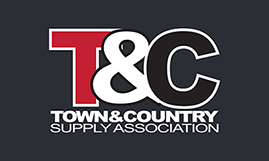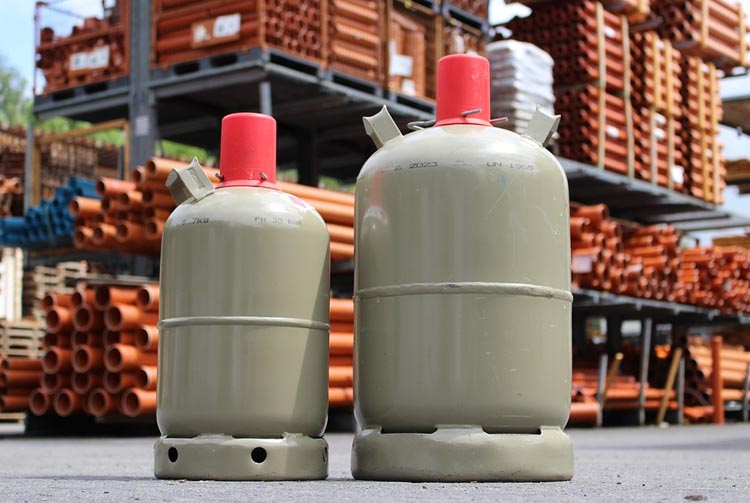Propane is an extremely useful gas that has many purposes in today’s society. It is reliable, safe, and more importantly, a clean energy source. As a petroleum gas that has been liquefied, it is colorless and for the most part, odorless.
If you are looking for Liquid Propane MSDS, click here to download our consumer safety data sheet.
As most people probably know, it is compressed, stored, and delivered as a liquid in the propane tanks that you see at your local gas station or big box store every day.
Like any gas, however, it must be properly stored as well as properly used which will greatly reduce the risk of a propane based hazard in your home or work place. By following some basic safety tips, you can identify the warning signs of a gas leak and stop a potential problem before it has a chance to get worse.
Because propane is virtually odorless, ethyl mercaptan, which is a sulfur based compound, is added to the gas. This is simply a built in safety feature so that if you do end up with a propane leak, you will be able to smell it.
Ethyl mercaptan basically smells like rotten eggs (some would say like skunk!) or a dead animal. It is pretty hard to mistake it for anything other than what it is and you should always be concerned if you happen to notice this smell. At times, you might be concerned about a person in your home not being able to smell very well, and in this case a gas detector should be installed. Many people as they age experience a diminished sense of smell and these detectors will sound the alarm if they sense a gas leak.
Perhaps the most important thing is to identify ahead of time what you and members of your family should do if you suspect a propane leak. The first thing you want to do is make sure there are no open flames. The second thing is to leave your home and get a safe distance away. It is very important not to turn on or off any appliances or even to use the phone as this could create a spark or ignition source.
It may sound silly, but gas leaks are nothing to take lightly.
If you feel it is safe enough to do so, turn off the main valve on your propane tanks. Once you have done this, call 911 from a safe distance away from your home and wait until a trained professional has inspected your home and indicated that it is safe to return.
You may also want to have a trained technician come to your house and inspect everything to make sure things are running safely and efficiently. Most gas companies can send a technician with a gas ‘sniffer’ to quickly and easily identify any potential problems. If the gas is turned off at your home, don’t turn it back on yourself. In fact, national safety regulations require that trained professionals test your propane system prior to turning the gas back on and relighting pilot lights.
You should also remember not to run out of propane if you can possibly help it, as this can cause a very serious safety issue. When you completely run out of propane and a gas line is left open, a leak can occur when the tank is refilled. Air and moisture can easily be present in an empty tank, which will in turn result in rust. Rust will greatly reduce the smell of propane.
So, if you run out, pilot lights and appliances will go out that can create a dangerous situation if not handled properly.
The best thing you can do is to enroll in some kind of auto delivery service to make sure that you do not run out of propane. These services will automatically come out and refill the propane tank at your home prior to it running completely out, making sure that you don’t have to worry about the safety issues associated with an empty tank.
Propane is a great gas to use in your home and by following these simple but effective safety tips, you can make sure that your home and family are safe from any potential hazards.



